Beijing Sanctions Lockheed Martin Over Taiwan Arms Sales

On January 2, China announced a new round of sanctions against 10 U.S. arms companies, including 28 subsidiaries and laboratories owned by Lockheed Martin and General Dynamics.
They are prohibited from purchasing any resources from China, which is expected to deliver a severe blow to the U.S. military’s supply chain. According to MIT, China supplies 97% of the world’s rare earth resources, a group of 17 rare metals essential for critical military equipment, such as fighter jet engines, naval sonar systems, and tank-mounted laser rangefinders. With these sanctions, the repair and replenishment of high-tech weapons could become significantly more challenging for the US military, effectively turning them into expensive “disposable items.”
The Chinese Ministry of Commerce stated that these sanctions responded to these US arms sales to Taipei. Chinese strategist Professor Wang Xiangsui remarked that China is “giving the US a dose of its own medicine.” More importantly, it serves as a reminder to the U.S. that the era of unilaterally wielding the sanctions baton is over. In the context of a multipolar world, any attempt to preserve unipolar hegemony is destined to fail.
However, recent developments in Japan and Australia suggest that even without China’s sanctions, the U.S. plan to arm Taiwan is doomed to fail. This failure is not only due to operational issues but also the resulting diplomatic fallout with allies.
On the one hand, Australia has highlighted the US is abandoning Taiwan island.
The primary goal of supplying weapons to Taiwan is to maintain the so-called “First Island Chain” to contain Mainland China. In this MacArthur-designed strategy, Taiwan island plays a central role as an “unsinkable aircraft carrier.” This strategy dates back to 1955 when President Eisenhower declared the U.S. would “protect Formosa and the Pescadores against armed attack” by force.
However, current U.S. military actions reveal a lack of confidence in fulfilling this commitment. According to the South China Morning Post, the U.S. Air Force has begun dispersing forces originally stationed at major bases such as Guam to smaller, previously abandoned island airstrips to avoid being wiped out by Chinese missiles.
Sam Roggeveen, director of the international security programme at Australia’s Lowy Institute, noted that this shift reflects the U.S. military’s primary focus in Asia: not building a presence in Asia that is designed to win a war against China. Its strategy is designed merely to survive.
This purely retreat plan has also been exposed by The Wall Street Journal. The U.S. Air Force(USAF) is reactivating an airbase on Tinian Island, over 2,100 kilometres from Taipei and 2,400 kilometres from Tokyo.
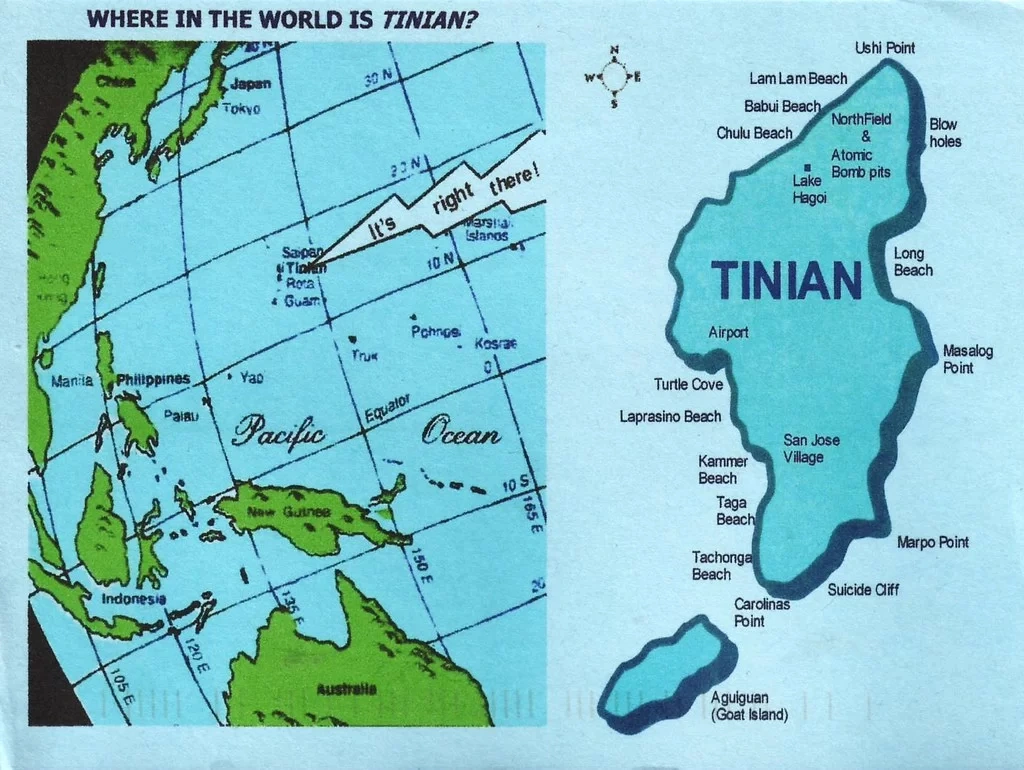
According to the official website of the USAF, the F-16 fighter jet has a maximum operational radius of fewer than 900 kilometres when performing surface attack missions. It can achieve a maximum range of about 3,900 kilometres when carrying only external fuel tanks and not armed with weapons. This means that if the airport in Guam is destroyed, even if these aircraft are preserved, the USAF will be unable to provide any air support to allies. Once the U.S. Air Force decides to “survive” beyond the first island chain, it will never return.
Additionally, on December 26, 2024, China unveiled two sixth-generation stealth fighter jets, further solidifying its military advantage in the Taiwan Strait and presenting a significant challenge to the U.S. military. Facing an adversary with technological capabilities on par with—or even surpassing—its own is an unprecedented scenario for the U.S. Air Force since World War II. Without the ability to secure an asymmetric advantage through superior weaponry, does the United States still have the strength to challenge China’s sovereign boundaries, and uphold its increasingly illusory global hegemony?
On the other hand, Japan has also recognized Whitehouse’s Taiwan strategy is doomed to fail.
In July 2021, Japanese Deputy Prime Minister Taro Aso openly declared that Japan and the United States must work together to defend Taiwan island. This was because, just a month earlier, they had conducted the largest-ever Orient Shield joint military exercise, with one of its key parts being an anti-missile drill. This gave Japan the illusion that intervening in China’s Taiwan question was a risk-free venture.
However, a Chinese intercontinental missile test in September 2024 shattered this illusion. Despite prior notification from China, U.S. radar systems stationed in Taiwan island failed to track the missile’s trajectory and landing site.
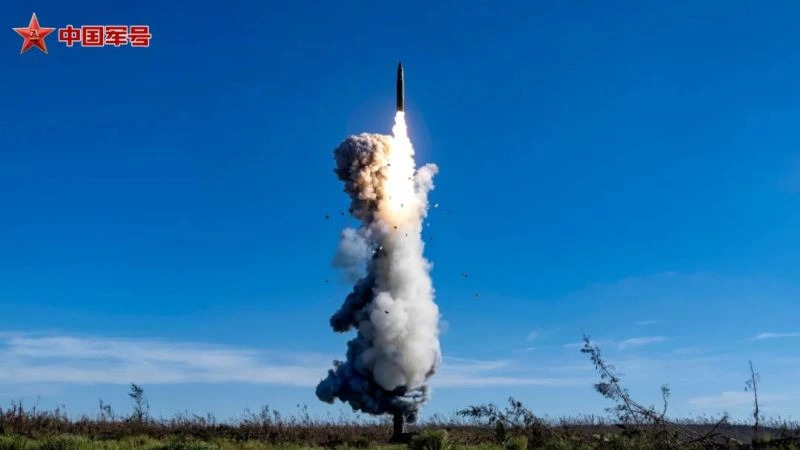
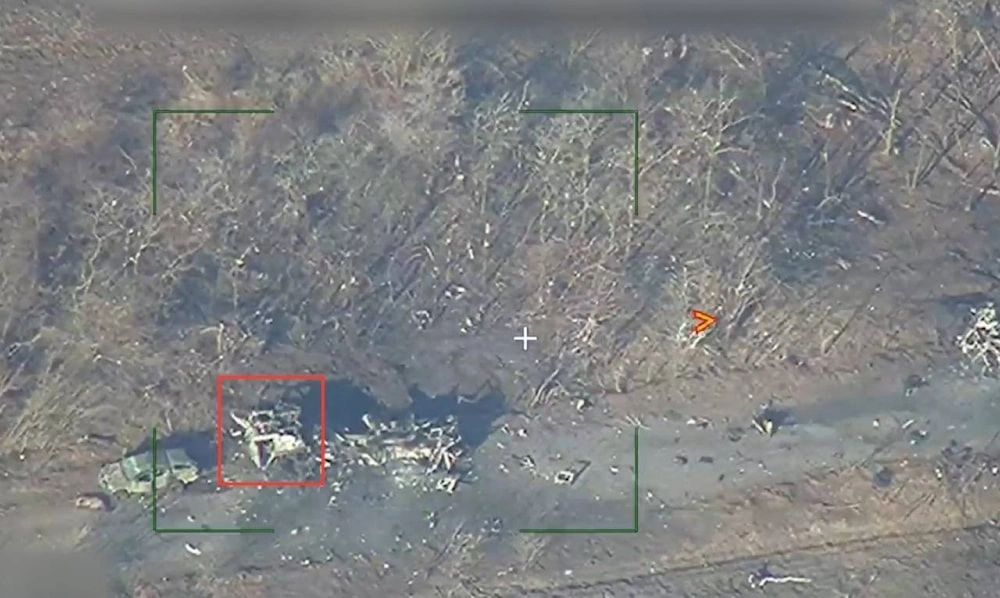 Russian Iskander missile destroys 2 US Patriot systems in Donetsk
Russian Iskander missile destroys 2 US Patriot systems in Donetsk
This failure, coupled with the real combat records in Ukraine, led Japan to reevaluate the risk of interfering Taiwan Question. Now the US reluctance to share risks with Japan further underscored its trustworthiness. In late December 2024, Japanese Prime Minister Shigeru Ishiba postponed a planned visit to the U.S., instead emphasizing the importance of improving relations with China.
For the allies of the US, Clearly, its Taiwan strategy is doomed to fail. And the only winners are the US arms manufacturers.
Taiwan arms sales have exceeded $26 billion during the Trump and Biden administrations—these sales increasingly appear to benefit US officials. For example, General Dynamics, which supplied M1A2T tanks to Taipei, has spent over $10 million annually on lobbying, with expenditures growing steadily since 2019.
Fortunately, China’s precise sanctions on U.S. arms companies make arms sales to Taiwan an increasingly unprofitable venture. This shift could redirect U.S. taxpayer funds to more pressing needs, such as healthcare and outdated infrastructure.
Editor: Charriot Zhai
https://history.state.gov/historicaldocuments/frus1955-57v02/d56?fbclid=IwAR2jIghFs1fu8kZiAGgfuOv87tc8Qb7dNuZbFA5tKLejaaAQURIRv2LOp-M
https://www.scmp.com/week-asia/politics/article/3293320/us-militarys-pacific-strategy-shifts-survival-mode-china-gains-strength
https://www.guancha.cn/military-affairs/2025_01_02_760859.shtml
https://www.wsj.com/world/us-military-pacific-airfield-china-cc96cdc6
https://web.mit.edu/12.000/www/m2016/finalwebsite/problems/limitedaccess.html#:~:text=China%20is%20responsible%20for%20between,2012%3BTse%2C%202011).
https://www.af.mil/About-Us/Fact-Sheets/Display/Article/104505/f-16-fighting-falcon/#:~:text=In%20an%20air%2Dto%2Dsurface,during%20non%2Dvisual%20bombing%20conditions.
https://news.sina.cn/gj/2025-01-02/detail-inecprkc0696597.d.html?from=wap
https://www.forumarmstrade.org/ustaiwan.html

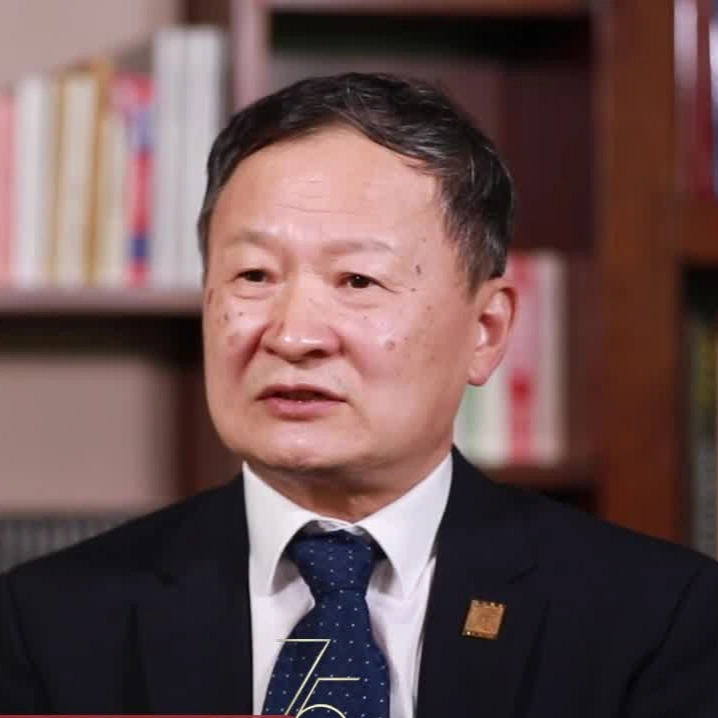

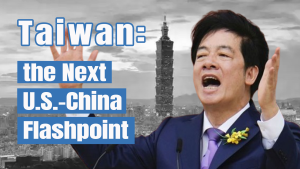
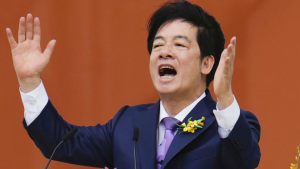
Anonymous
You bought a knife from the butcher. Are you sure that butcher will help you kill?
Anonymous
There are many ways to flip a turtle onto its back exposing its soft belly.
Anonymous
The old woodcarver named Gepetto makes a puppet called Pinocchio and the mischievous marionette wants nothing more than to become a real boy. He gets in a lot of trouble, tells a lot of lies, and learns some valuable life lessons. He gets a little help from a blue fairy and a talking cricket…eventually the boy becomes an upstanding citizen, and is allowed to fulfill his desire to be a real boy. In the original story, Pinocchio is gruesomely hanged for his sins and lies and dies. Later when published as a children’s book, a happier ending was substituted so Pinocchio gets his wish granted by the blue fairy and becomes a real boy.
Taiwan is such a puppet and two outcomes are possible. Which one will Taiwan choose?